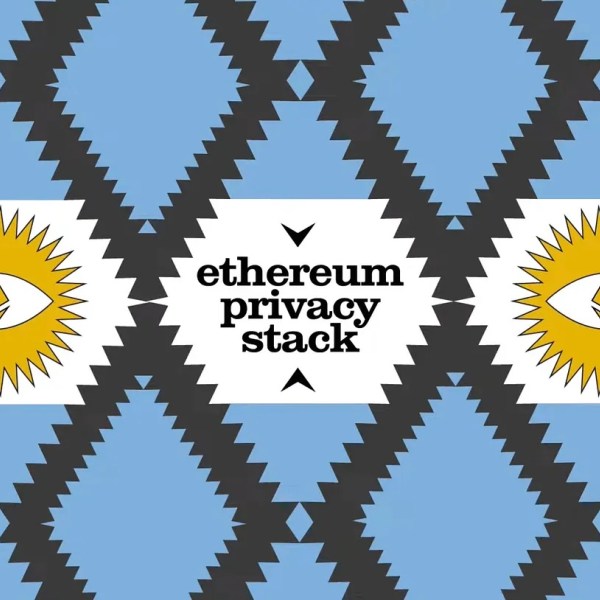Russia’s Sberbank plans to expand crypto offerings after selling $16M in crypto derivatives
Sberbank is reporting high demand for crypto derivative instruments on the Russian market, after selling well over a billion rubles’ worth of digital asset financial products.
The banking giant plans to expand the portfolio of these products and expects a strong convergence between traditional and decentralized finance in the future, according to a top executive.
Sberbank raises 1.3 billion rubles from nine derivative offerings
Sber, the largest Russian bank by assets, has been quite successful in placing financial instruments based on the value of cryptocurrencies in the months since the Central Bank of Russia (CBR) approved them.
The monetary authority authorized financial firms to offer crypto derivatives on the domestic market in May and the financial services behemoth was among the first players to occupy the new niche.
Following the regulatory nod, Sberbank created various investment products for retail investors, in the form of both structured bonds and crypto-based digital financial assets (DFAs), First Deputy Chairman of its Management Board, Alexander Vedyakhin, said at a fintech forum.
“More specifically, we offer tracker bonds, capital-protected bonds as well as DFAs on Bitcoin (BTC) and Ethereum (ETH) indices and DFAs on a basket of five infrastructure tokens: SOL, TRX, AVAX, and BNB,” the banker detailed in an interview that the Russian business news portal RBC published Friday.
Speaking on the sidelines of the Finopolis 2025 conference, held this week in the Sirius federal territory on the Black Sea coast, Vedyakhin revealed:
“We see investor demand for these products – 1.3 billion rubles ($16 million) have been raised in just nine issues.”
The high-ranking Sber representative added that the bank intends to make more offerings, providing diversification and reducing the risks associated with cryptocurrency investment.
“We understand that in the future, there will be a strong convergence of decentralized finance and traditional banking,” he also commented, noting the Russian bank is already testing different DeFi instruments.
Sberbank is developing the tokenization of real-world assets on its proprietary blockchain platform, too, including real estate, gold, and commodities, among others. It is exploring the implementation of smart contracts for banking and payment services as well.
Sber backs wider investor access to crypto in Russia
Sberbank is working with the government on the integration of stablecoins and cryptocurrencies into the Russian economy through new regulations, Alexander Vedyakhin said, emphasizing:
“This should include the legalization of cryptocurrency circulation and the improvement of the culture of working with them, based on proven business cases.”
The Bank of Russia indicated this week it’s pushing for the adoption of a comprehensive regulatory framework for crypto investments in 2026 and that it plans to allow banks to operate with digital assets, as reported by Cryptopolitan.
When it permitted the offering of crypto derivatives earlier this year, the CBR made them available only to a small group of “highly qualified” investors, vetted based on relatively high minimum requirements for annual income and holdings in deposits and securities.
The potential range of cryptocurrency investors could be broader, Vedyakhin now remarked, noting that crypto derivatives, which offer an opportunity to diversify their portfolios, are of interest to many market participants, including financial professionals, companies and banks.
At the same time, he was clear that Sberbank favors the gradual expansion of investor access to these products. “In our view, making cryptocurrencies available to all categories of investors overnight is wrong,” stated the executive of the majority state-owned institution.
Disclaimer: The content of this article solely reflects the author's opinion and does not represent the platform in any capacity. This article is not intended to serve as a reference for making investment decisions.
You may also like
Infighting, scandals, and a stock price plunge: What can DAT rely on to survive?

Price predictions 11/28: BTC, ETH, XRP, BNB, SOL, DOGE, ADA, HYPE, BCH, LINK

Ethereum Privacy’s HTTPS Moment: From Defensive Tool to Default Infrastructure
A summary of the "Holistic Reconstruction of Privacy Paradigms" based on dozens of speeches and discussions from the "Ethereum Privacy Stack" event at Devconnect ARG 2025.

